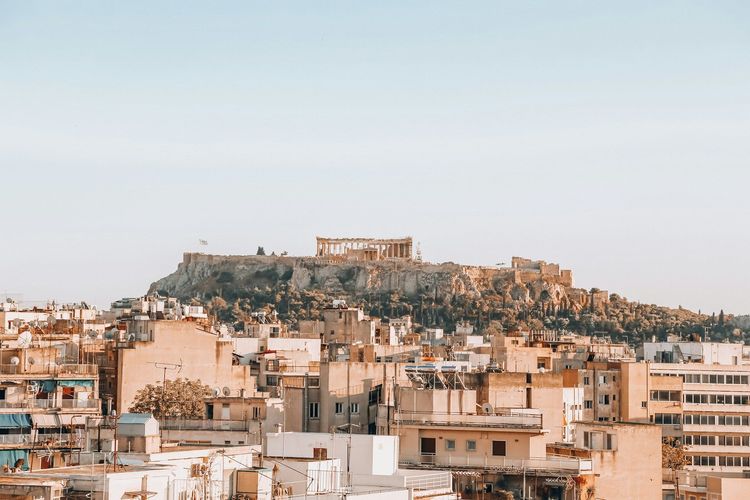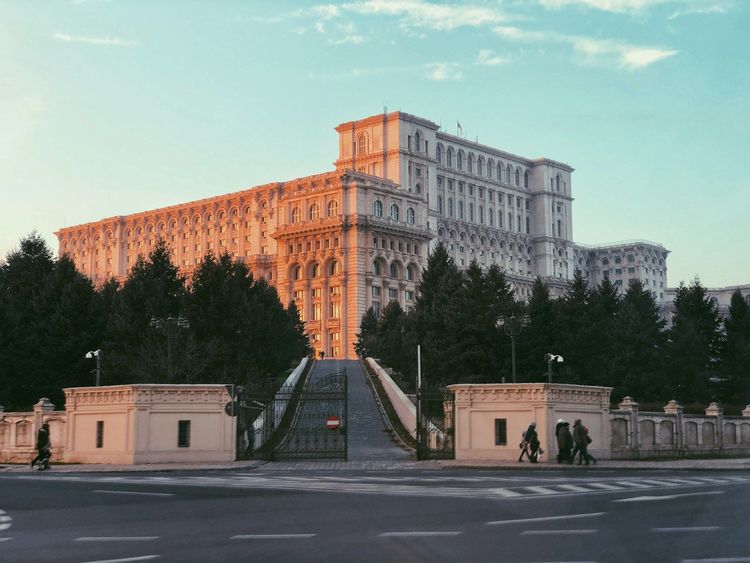In a globalized world, the concept of citizenship is gradually transforming from an unshakable status into a flexible tool of personal and financial strategy. More and more successful people view a second citizenship not as a backup airfield, but as an asset in their portfolio. Interest in this topic is fueled by geopolitical instability, economic crises in certain regions, and a growing desire to ensure freedom of movement and choice for oneself and one's family. Obtaining a passport through investment is a legal and relatively fast path that allows one to become a citizen of another country for money, rather than through years of residence. But is it all so cloudless? Let's figure out what benefits and pitfalls this option hides.

Pros of Second Citizenship: More Than Just Visa-Free Travel
Investing in a passport opens up a number of opportunities that are hard to overestimate for an internationally oriented person.
- Visa-free freedom of movement. This is a key argument for many. Citizenship of countries like Malta or Caribbean states allows for visa-free travel or simplified visa acquisition to the Schengen Area, the United Kingdom, and in some cases, even opens doors to 140+ countries worldwide.
- Optimization of tax burden. Many countries offering "citizenship by investment" programs have attractive tax regimes: no taxes on foreign-source income, inheritance, or wealth. This allows for legal optimization of the tax load.
- A "Plan B" for security. In conditions of political or economic instability in the home country, a second passport becomes an insurance policy. It guarantees the right to live, work, and receive protection in another, more stable jurisdiction.
- Business prospects and confidentiality. New citizenship can provide access to new markets, international banking, and business networks. Furthermore, some programs allow for maintaining the confidentiality of the status.
- A future for children. By obtaining a second citizenship, you provide your children with the opportunity to study at the best foreign universities, build a career worldwide, and enjoy all the benefits of being a global citizen.
Cons and Risks: The Price of Freedom
However, significant costs and potential problems lie behind these advantages.
- High cost. This is the most obvious drawback. Investments amount to hundreds of thousands of dollars. For example, the Vanuatu program starts from $130,000, Grenada from $235,000, Turkey from $400,000, and Malta can reach up to a million euros.
- Complex tax implications. A second passport does not always automatically solve tax issues. It is important to consider the legislation of one's first country of citizenship. For example, the USA taxes the worldwide income of its citizens, regardless of their place of residence.
- Reputational risks. Some programs, especially the most affordable ones, may be associated with attempts to evade responsibility or money laundering. This can raise questions from banks and business partners.
- Legal and fraud risks. The market for immigration services is saturated with dishonest intermediaries. There is a risk of encountering fraud or choosing an unreliable program that may be suddenly closed by the authorities.
- Obligations to the country. Some programs require mandatory visits to the country to obtain a passport or promoting its economic interests, which can be inconvenient.
Overview of Popular Programs: Investment in Exchange for a Passport
Each program is unique in its conditions, timelines, and type of required investment.
- Grenada. Unique in that it grants the right to obtain an E-2 investor visa in the USA. Investments can be directed into approved real estate projects (from $235,000) or a non-refundable contribution to a state fund.
- Antigua and Barbuda. Offers one of the most affordable options for a family of four through a non-refundable contribution. Investments in real estate are also possible. The passport provides visa-free entry to the UK and the Schengen Area.
- Vanuatu. The fastest program — a passport can be obtained in 1-2 months. Requires a non-refundable contribution from $130,000. The main plus is visa-free access to the UK and the European Union.
- Malta. The most prestigious and expensive program in the EU. In addition to a significant contribution and investments in government bonds and real estate, fulfilling an actual residence requirement is necessary. The reward is an EU passport with maximum freedom of movement and residence in any EU country.
- Turkey. Popular due to the relatively low entry threshold (purchase of real estate for $400,000) and the possibility to subsequently sell it without losing citizenship. The Turkish passport opens the door visa-free to many countries in Asia and the Middle East.

How to Choose the Right Program?
To avoid making a mistake in your choice, you need to start from clearly defined goals.
- Define your priorities. What is more important for you: visa-free access to specific countries (USA, EU), tax benefits, or the speed of obtaining it?
- Analyze your budget. Consider not only the investment amount but also associated costs: government fees, due diligence checks, legal services.
- Study the reputation of the country and the program. Prefer stable jurisdictions with a long history of successful program implementation.
- Evaluate the timelines. Are you ready to wait a year or do you need a passport in a few months?
- Consult with experts and professionals in this field, for example - with our consultants.
Conclusion: Who Benefits from This Investment?
Investing in citizenship is not for everyone. It is a serious financial step, justified only for a certain category of individuals. Primarily, it is beneficial for global entrepreneurs and investors whose business and assets are distributed across different countries. For them, a second passport is a tool for tax planning and capital protection.
Furthermore, it is an ideal solution for citizens of countries with unstable economies or weak passports who want to ensure freedom, security, and access to the world's best educational and healthcare systems for themselves and their families. Finally, it is relevant for those who simply wish to live in a more comfortable environment for themselves, without being limited by the framework of one state.
Ultimately, the decision to invest in citizenship should be balanced, based on a deep analysis of personal, financial, and legal aspects. It is not just the purchase of a document, but a strategic investment in the future, freedom, and security.





